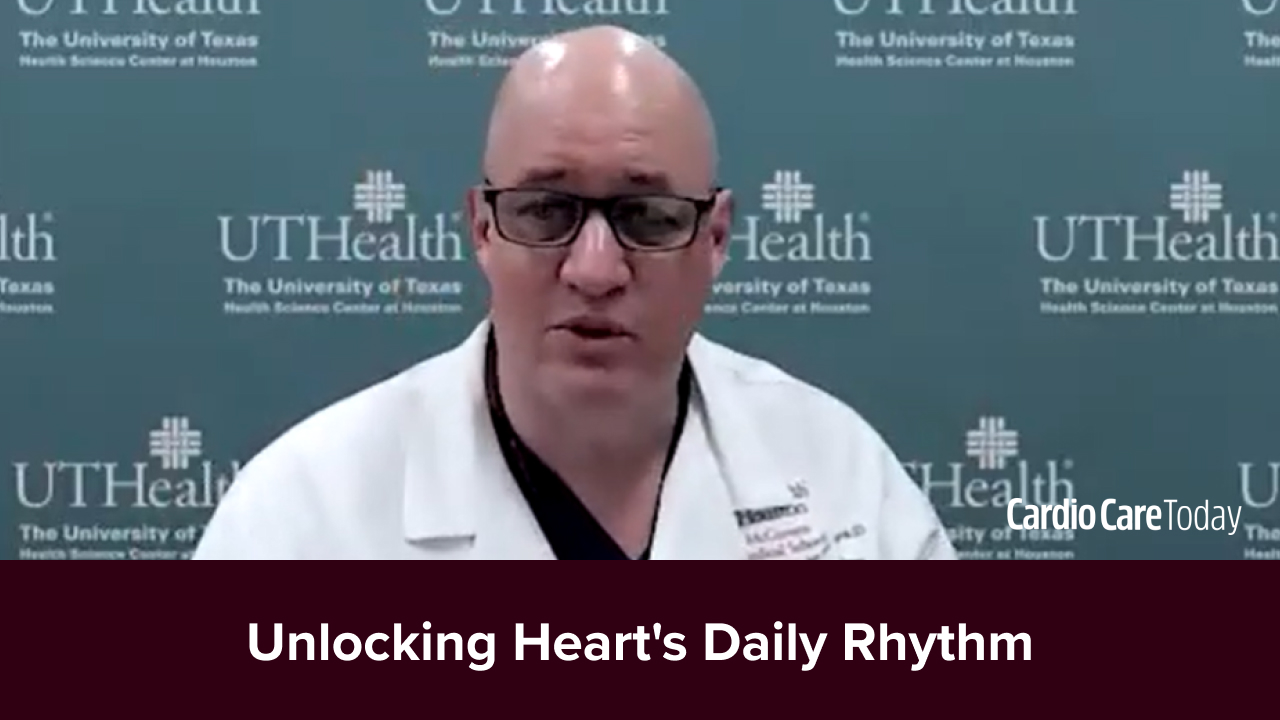
Researchers led by Chisa Matsumoto conducted a randomized controlled trial to evaluate the incidence of atrial fibrillation (AF) in elderly patients with type 2 diabetes mellitus (T2D) from the Japanese Primary Prevention of Atherosclerosis with Aspirin for Diabetes (JPAD2) trial. The investigators compared the prognosis of older diabetic patients with and without AF. The article, published in BMJ open Diabetes Research & Care, reported that “one in 200 elderly Japanese patients with T2D are estimated to develop AF.”
The JPAD2 trial followed up the 2,535 patient JPAD study on the effects of low-dose aspirin for cardiovascular disease (CVD) prophylaxis. For this secondary analysis, the researchers followed patients over a median of 10.9 years and assessed the incidence of AF. Additionally, the incidence of cerebral cardiovascular events was compared between elderly patients with T2D with and without AF.
Overall, 132 patients developed AF during follow-up (incidence rate: 5.14 per 1,000 person-years). The authors calculated adjusted hazard ratios [HRs] for cerebral cardiovascular events, stroke, coronary artery disease, heart failure, and all-cause death of 1.65 (95% confidence interval [CI], 1.03–2.66), 1.54 (95% CI, 0.81–2.93), 1.96 (95% CI, 1.03 to 3.73), 5.17 (95% CI, 2.46–10.89), and 1.82 (95% CI, 1.24–2.67), respectively, in patients with AF versus those without.
In closing, the authors wrote that “elderly patients with T2D with AF, as compared with the same patients without AF, appear to be at a significantly higher risk of development of CVD,” and ultimately proposed that “a careful follow-up of elderly patients with T2D is necessary for timely detection of new-onset AF and CVD.”







 © 2025 Mashup Media, LLC, a Formedics Property. All Rights Reserved.
© 2025 Mashup Media, LLC, a Formedics Property. All Rights Reserved.